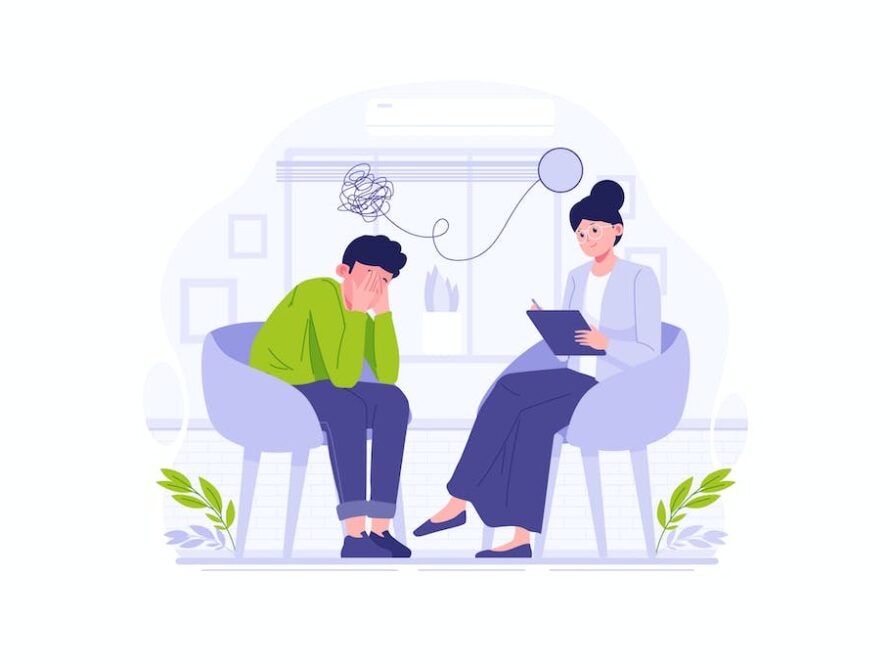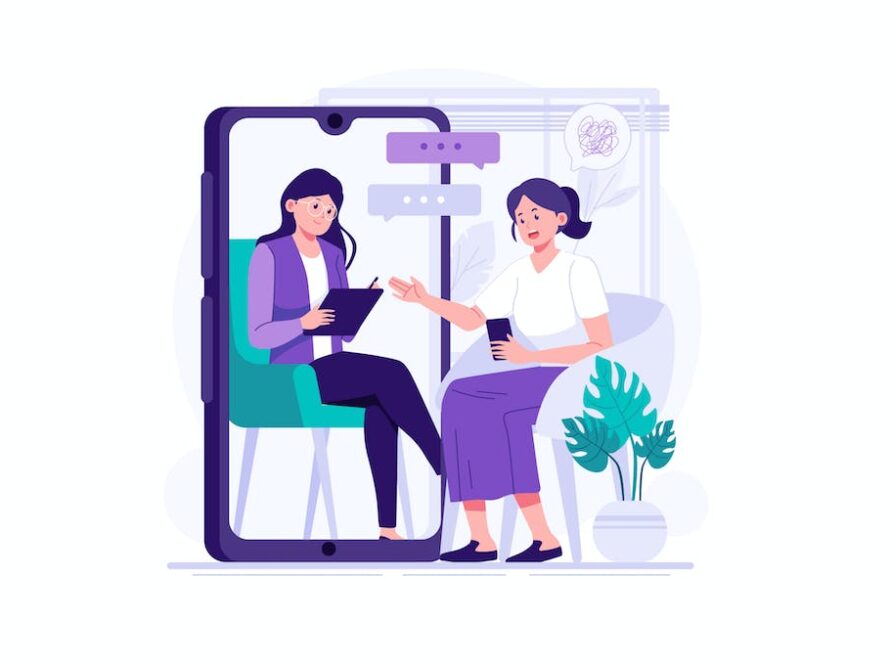Introduction
Depression and anxiety are two of the most prevalent mental health disorders worldwide. Often referred to as the “silent enemies,” they can silently creep into our lives, wreaking havoc on our mental, emotional, and physical well-being. The insidious nature of these conditions lies in their ability to isolate us, making us feel trapped and alone in our struggles. In this article, we will explore the impact of depression and anxiety on our lives, their common symptoms, and the importance of seeking help to conquer these formidable adversaries.
Understanding Depression and Anxiety
Depression and anxiety are distinct mental health disorders, but they often coexist or share common symptoms. Depression is characterized by persistent feelings of sadness, hopelessness, and a loss of interest in activities that once brought joy. On the other hand, anxiety manifests as excessive worry, fear, and tension, which can be debilitating and overwhelming.
Both conditions can impair daily functioning, strain relationships, and lead to physical symptoms like fatigue, sleep disturbances, and changes in appetite. If left untreated, depression and anxiety can spiral into a cycle of despair, making it challenging to find a way out.
The Battle Within
The battle with depression and anxiety is an internal struggle that may not be evident to those around us. We may put on a brave face or try to hide our feelings, fearing judgment or misunderstanding. However, confronting these enemies head-on is crucial for our well-being.
- The Isolation Trap: Depression and anxiety can lead to isolation and withdrawal from social interactions. We may feel disconnected from others, leading to a sense of loneliness and alienation.
- Negative Self-Talk: Both conditions can fuel negative self-talk and self-doubt, eroding our self-esteem and confidence. This can perpetuate a cycle of negativity and make it difficult to break free.
- Impact on Relationships: Depression and anxiety can strain relationships, causing misunderstandings and emotional distance from loved ones. This further reinforces the sense of isolation.
- Physical Toll: The toll of these mental health disorders extends beyond the mind. They can lead to physical symptoms like headaches, muscle tension, and digestive issues.
Conquering the Enemies: Seeking Help
Confronting depression and anxiety requires strength, support, and professional guidance. Seeking help is not a sign of weakness, but a courageous step towards healing and reclaiming our lives. Here are some essential steps to overcome these adversaries:
- Reach Out: Speak to a trusted friend, family member, or counselor about what you are going through. Sharing your feelings can bring relief and open the door to support.
- Professional Help: Consider seeking professional help from a mental health therapist or counselor. Therapy provides a safe and non-judgmental space to explore your emotions and develop coping strategies.
- Mindfulness and Self-Care: Engage in mindfulness practices, meditation, or yoga to calm the mind and reduce anxiety. Prioritize self-care and engage in activities that bring you joy and relaxation.
- Challenge Negative Thoughts: Challenge negative thoughts and replace them with positive affirmations. Cognitive-behavioral therapy (CBT) techniques can be effective in changing thought patterns.
- Support Groups: Consider joining a support group where you can connect with others facing similar challenges. Sharing experiences can foster a sense of belonging and understanding.
Conclusion
Depression and anxiety may be formidable enemies, but they are not unbeatable. By acknowledging our struggles and seeking help, we can begin the journey towards healing and recovery. Remember that you are not alone in this battle, and there is no shame in asking for support. Together, we can conquer these adversaries and reclaim our lives from the grip of depression and anxiety. Let us prioritize mental health, practice self-compassion, and strive for a future where we can face life’s challenges with resilience, hope, and strength.



